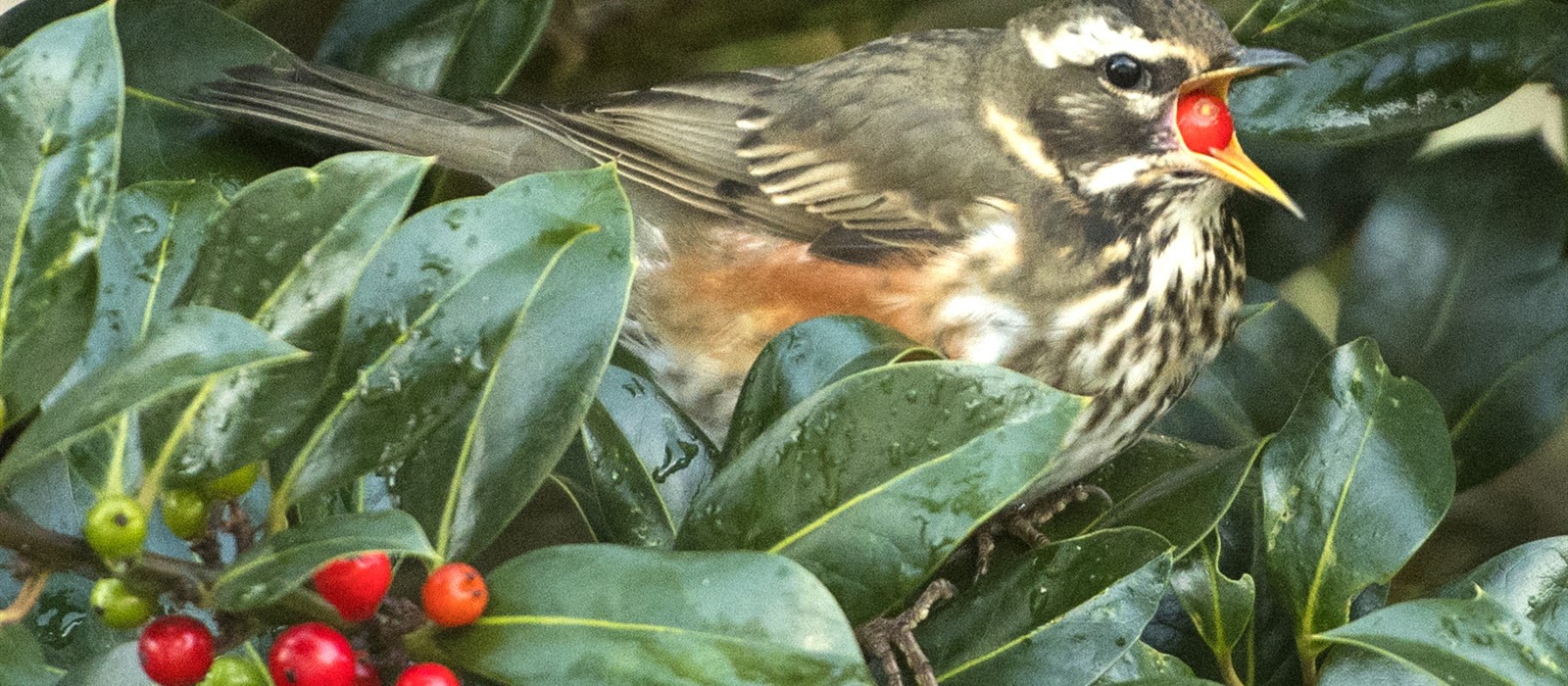How can you look after wildlife on your doorstep this winter?

Everyone with a garden can support wildlife this winter and create a haven for birds and animals. Many of our well-loved species such as hedgehogs are in decline, which is why we promote wildlife-friendly gardening to encourage people to protect the nature on their doorsteps – read on for more details.
Wildlife-friendly gardening can have a positive impact in areas like Richmond, where domestic gardens account for nearly one fifth of the land.
Here are some tips for looking after the wildlife in your garden this winter.
- Hedgehogs need space to roam and find food at night away from busy roads. Leave a fist-sized gap at the bottom of your garden fence so they can commute on their own hedgehog highway.
- A small pile of leaves and twigs is like a survival tent for tiny animals in winter. If you build a bonfire, check underneath for hibernating hedgehogs before you set it on fire.
- If you sweep up leaves in your garden, don’t put everything in green waste – let some piles stay in place as this will be useful for hedgehogs and other wildlife in winter.
- A mini pond is a great way to support a wide range of species. Even an old washing up bowl can be used to help wildlife in a small garden!
- If your front garden has been paved over, you can encourage wildlife with flowering plants in pots and letting wild grasses, moss and flowers grow in the small cracks.
- Clean out your bird feeders so they are hygienic and ensure you providing a good supply of food throughout the winter, as birds will come to rely on the food.
- Resist the urge to trim hedges too much until mid-winter, as they provide valuable shelter for birds.
Francesca Batt, Nature Conservation Manager said, “A good supply of food in winter is essential to sustain our precious bird population. We hope families will enjoy this fun half-term event learning all about the birds they will see in their gardens this winter and making seed cakes to take home to feed them.”
See more great advice about wildlife gardening from these pages at RSPB and Wildlife Trusts.